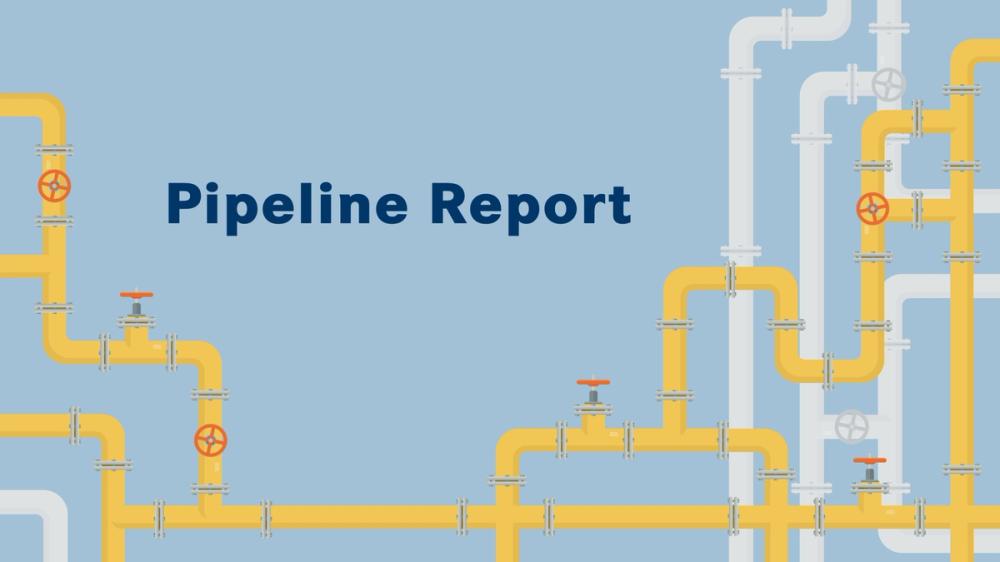
FDA Lifts Clinical Hold on KEYNOTE-B79 Trial Evaluating CAR T-cell Therapy CYAD-101 in Metastatic CRC

The FDA has lifted a clinical hold on the phase 1b KEYNOTE-B79 trial, which is evaluating the safety and clinical activity of CYAD-101 given concurrently with FOLFOX and followed by pembrolizumab in patients with unresectable metastatic colorectal cancer.
The FDA has lifted a clinical hold on the phase 1b CYAD-101-002 trial (KEYNOTE-B79; NCT04991948), which is evaluating the safety and clinical activity of the investigational CAR T-cell therapy CYAD-101 given concurrently with FOLFOX (leucovorin, 5-fluorouracil, and oxaliplatin) and followed by pembrolizumab (Keytruda) in patients with unresectable metastatic colorectal cancer (mCRC).1
The clinical hold was lifted after Celyad Oncology made changes to the eligibility criteria for the study. In March 2022,
“We are pleased that the FDA lifted the clinical hold on this trial. We remain confident in the potential development of not only the candidate itself, but the continued development with our proprietary TIM technology. CYAD-101 is currently our only clinical candidate co-expressing NKG2D and TIM, and we hope to continue to showcase our expertise with our non-gene edited technologies and explore additional opportunities to utilize NKG2D in allogeneic CAR T,” Charles Morris, MD, the chief medical officer of Celyad Oncology, stated in a press release.
CYAD-101 is an investigational, non-gene edited allogeneic CAR T-cell product that is engineered to co-express the CAR based on NKG2D, which is expressed on natural killer cells that binds to NKG2DL that are expressed by a wide range of tumor cells and the inhibitory peptide TIM.3 TIM expression reduces signaling of the TCR complex by interfering with the CD3ζ component of the complex.
KEYNOTE-B79 is enrolling patients with histologically proven metastatic unresectable adenocarcinoma of the colon or rectum who have a confirmed non-microsatellite instability high/mismatch-repair proficient tumor status, unequivocal and measurable disease per RECIST v1.1 criteria, recurrent or progressive disease after at least 1 line of systemic therapy for metastatic disease that must include FOLFOX, are due to receive FOLFOX, and have neurotoxicity of no more than Common Terminology Criteria for Adverse Events grade 1 from prior chemotherapy.4
Additional inclusion criteria include an ECOG performance status of 0 or 1; adequate organ, hepatic, renal, pulmonary, and cardiac function; and tumor biopsy at screening.
Patients will be excluded from the trial if they receive any other investigational agent or device within 4 weeks of first study treatment; receive any anticancer agent within 4 weeks of first study treatment; are administered filgrastim or similar growth factors within 7 days of first study treatment; have prior treatment with an anti–PD-1, anti–PD-L1, or anti–PD-L2 agent; receive radiotherapy within 2 weeks of first study treatment; or have major surgery within 4 weeks before the start of study treatment.
Primary end points of the trial include occurrence of dose-limiting toxicities and objective response rate.
References
- Celyad Oncology announces FDA lifts clinical hold of CYAD-101-002 phase 1b trial. News release. Celyad Oncology SA. August 1, 2022. Accessed August 1, 2022.
https://yhoo.it/3QcQ0Rk - Celyad Oncology announces clinical hold of CYAD-101-002 phase 1b trial. News release. Celyad Oncology SA. March 2, 2022. Accessed August 1, 2022.
https://bwnews.pr/3hzqpCV - Celyad Oncology SA. Pipeline. Accessed August 1, 2022.
https://bit.ly/3MhnKfy - Study of pembrolizumab treatment after CYAD-101 with FOLFOX preconditioning in metastatic colorectal cancer. ClinicalTrials.gov. Updated March 9, 2022. Accessed August 1, 2022.
https://clinicaltrials.gov/ct2/show/NCT04991948




































